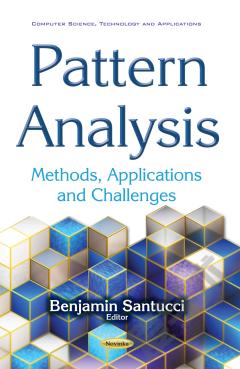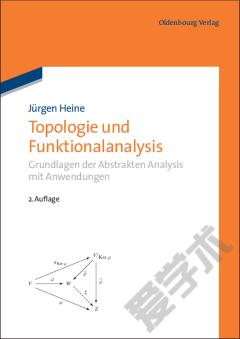The Analytic Hierarchy Process: Advances in Research and Applications
In this collection, the authors investigate a variety of hazards that drilling operations may be exposed to. Some may be location dependent and some may be activity-dependent and each can pose a different level of risk. The key elements of the framework to assess risk are: a hierarchy of major contributors to risk in two or more levels; a quantification of primary hazard categories with measurable attributes; a graphical representation of risk to aide distinguishing critical hazards; a layered, filtering approach to remove the less important hazards; and a weighted-score method, which is based on the analytic hierarchy process (AHP) approach. Next, the authors seek to develop a multi-criteria decision-making method for the evaluation of railway restructuring models through reviews of practices, alternatives, and criteria of railway restructuring. The development of the tool was based on the combination of the Analytic Hierarchy Process (AHP) and the Technique for Order of Preference by Similarity to Ideal Solution (TOPSIS) methods. A paper is included which aims to present a new way of stakeholder assessment going beyond standard approaches, such as the Gardner Model and the Salience Model of Mitchell, Agle and Wood. The new approach is based on the Advanced Hierarchy Process (AHP) method. Companies applying the method are placed in a position to design and implement their own stakeholder management without any reference to models presented in the literature. Later, an ICT oriented procurement model resulting from a partial re-engineering of the basic procurement process is proposed. This model was obtained by merging the traditional frameworks buygrid and buying centre to provide a consistent choice of procurement alternatives in a multiplicity of Web solutions. Following this, taking into account the suitability of Analytic Hierarchy Process (AHP) for evaluating electronic services or websites, the authors review on the evaluation experiments on e-government that are using the AHP theory. More specifically, the book presents evaluation experiments that use AHP, fuzzy AHP or their combination with other methods for e-government evaluation. The analytic hierarchy process method is employed in the closing chapter to reduce single parameter error and improve the accuracy of the prediction model, combined with the sensitivity and correlation of the characteristic parameters. The aging index of an actual case is assessed, and it is shown that the model is feasible and effective to provide a reference for optimizing maintenance cycle of polymer insulation in power distribution network.
{{comment.content}}








 京公网安备 11010802027623号
京公网安备 11010802027623号